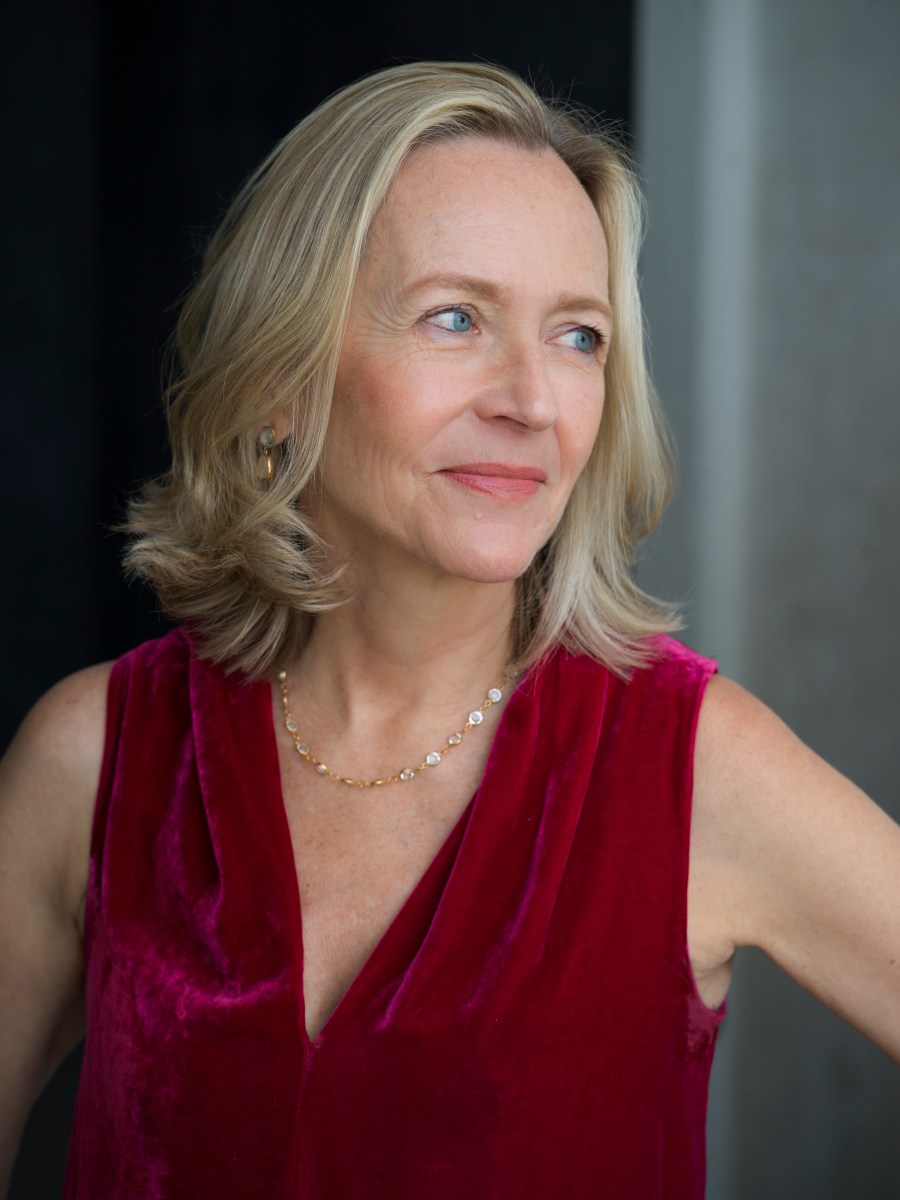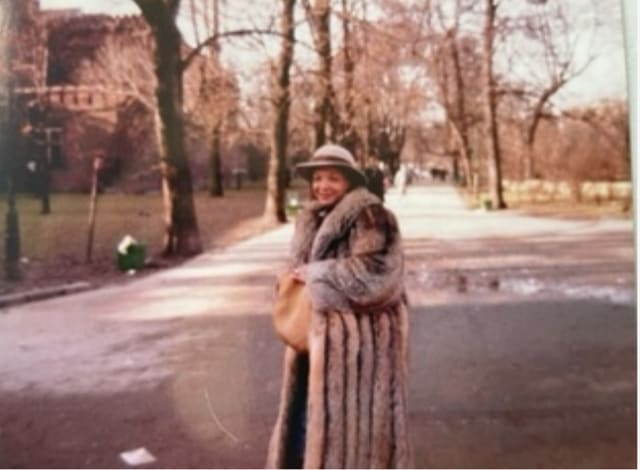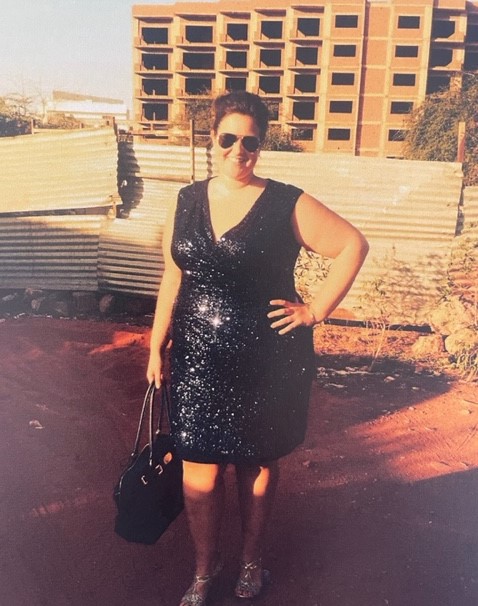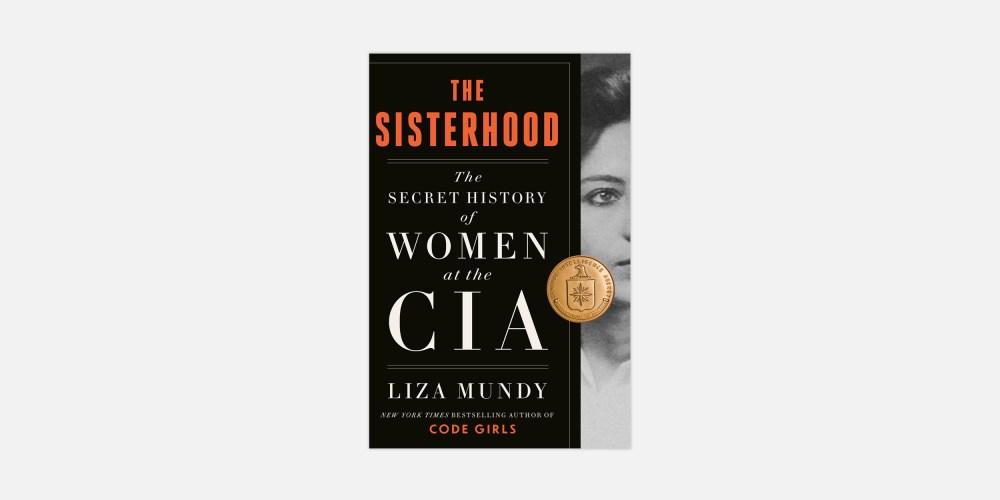Women have played a pivotal role in the Central Intelligence Agency since it was established in 1947. And despite the agency’s efforts to hold them back, many women in the CIA found ways to work within – and expand – the confines of the roles which they were assigned to for decades. And as spies, they were attuned to many things men didn’t see, becoming some of the best operatives in the country.
That story is detailed in the new book “The Sisterhood: The Secret History of Women at the CIA” by award-winning journalist and New York Times bestselling author Liza Mundy.
In the book, Mundy tells the stories of three generations of women in the CIA. She draws on hundreds of interviews with key players, including current CIA employees. Know Your Value recently chatted with Mundy about the book.
Below is the conversation, which has been edited for brevity and clarity.
Know Your Value: Tell us about the genesis of the book and why you decided to write it now.
Liza Mundy: In many ways, “The Sisterhood” is a complement to my 2017 book, “Code Girls,” which tells the story of more than 10,000 young American women who travelled to Washington, D.C. during World War II, to break enemy codes. When I was writing “Code Girls,” I knew there was a parallel cohort of women spies—patriotic, resourceful women recruited for the wartime espionage effort at a time when the United States was desperately trying to upgrade our intelligence capabilities after the tragic surprise of Pearl Harbor. The most famous of these was Julia Child, but she had thousands of colleagues. I wanted to tell that story of women’s contributions to spycraft and to continue it, showing women’s role in Cold War espionage.

I have always been fascinated by how, after World War II, despite (or maybe because of) all women contributed to victory—not just Rosie the Riveter working in factories, building ships and bombers, but women who did codebreaking, early computer programming, and national security work—there was an effort to drive women out of the workplace and back into the homes. Let me tell you: that effort did not succeed, not wholescale, and not in the intelligence business. Many women stayed on the job. Everybody thinks all those Cold War spies, stealing secrets, holding clandestine meetings, risking their lives to avert nuclear war with the communist Soviet Union, were men—a whole CIA’s worth of James Bonds. Think again. Women made big intelligence wins during the Cold War, at huge personal sacrifice.
Know Your Value: In the book, you uncover the stories of women who made oftentimes hidden contributions to CIA history. Tell us about one or two of your favorite women who are highlighted in the book.
Mundy: Starting out, I wondered if I could find even a few women to talk. There turned out to be many—scores—and their stories were incredible.
One of my favorites, though I sadly never got to meet her—she was going into the hospital for cancer treatment even as we were emailing to set up an appointment and did not survive—is Shirley Sulick. Shirley Sulick was the Black wife of Mike Sulick, a highly regarded, white clandestine officer who served in tough spots around the world, including Moscow. Like so many CIA wives, Shirley was instrumental to her husband’s career. Vivacious, loyal, and charismatic, she was an enormous help to Mike as he travelled around Moscow and its environs trying to elude surveillance and communicate with “assets”—Soviet officers passing secrets to the U.S. During the Cold War, spying in places like Moscow was surprisingly physical, in that it entailed throwing messages out of cars, leaving chalk marks, picking up “dead drops,” and jumping out of a car, maybe at a bend in the road where the KGB’s surveillance cars couldn’t see you. Shirley Sulick did all those things; she had a heavy foot on an accelerator and loved to take the KGB on merry chases. She also would carry huge purses, so she could bend over and sweep up a message while pretending she had dropped a lipstick or pencil. Shirley was also beloved by the wider CIA community, and provided comfort and solace to many officers during difficult periods…

Another favorite was Molly Chambers, who received a recruitment call in her sorority house at UC Davis, several years after the attacks of 9/11. She did not consider herself a super star, but rather, one of those who “showed up” to serve, after 19 hijackers transformed the world she would grow up in. Molly did counter-terrorism work in many African countries, and she also went after “hard targets” such as North Koreans, Chinese, and other adversary services. She was hilarious talking about getting naked massages from a potential source working at a spa run by North Koreans; giving him a computer thumb drive full of Keanu Reeves movies after learning he was a fan; flying back from Washington D.C. with a box of Georgetown cupcakes on her lap; whatever it took to “elicit” info.

She was also instrumental to a successful effort to find some of the Nigerian schoolgirls kidnapped by the terrorist group Boko Haram, and return them to their parents. She spoke about her work with honestly and vim, describing it as the hardest, and best, thing she has ever done. She also showed me some of the cool and classic implements of the trade, like fake passports and quick-change license plates. And, of course, sunglasses.
I could go on and on.
Know Your Value: What was the most surprising takeaway you found in your research?
Mundy: As a journalist who started work in the 1990s, I identified with some of the bias and discrimination the spies of the same era encountered. But I was surprised by what a treacherous workplace the CIA itself can be; the undermining that an officer must be on guard against, even from colleagues. Especially from colleagues. Often, an officer would say of a colleague, “He made a lot of enemies” or “She made a lot of enemies.” How often do you hear that in a workplace? I mean, colleagues spoken of as actual enemies? It went way beyond anything I had ever experienced at a newspaper. But it’s a competitive and elitist place. The CIA, after all, hires and looks for people comfortable with manipulation, propaganda and outright lying. So, I guess it’s no surprise that the same traits materialize at work.












